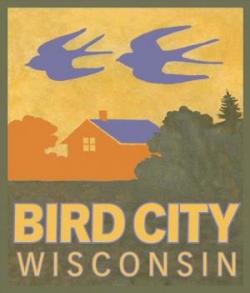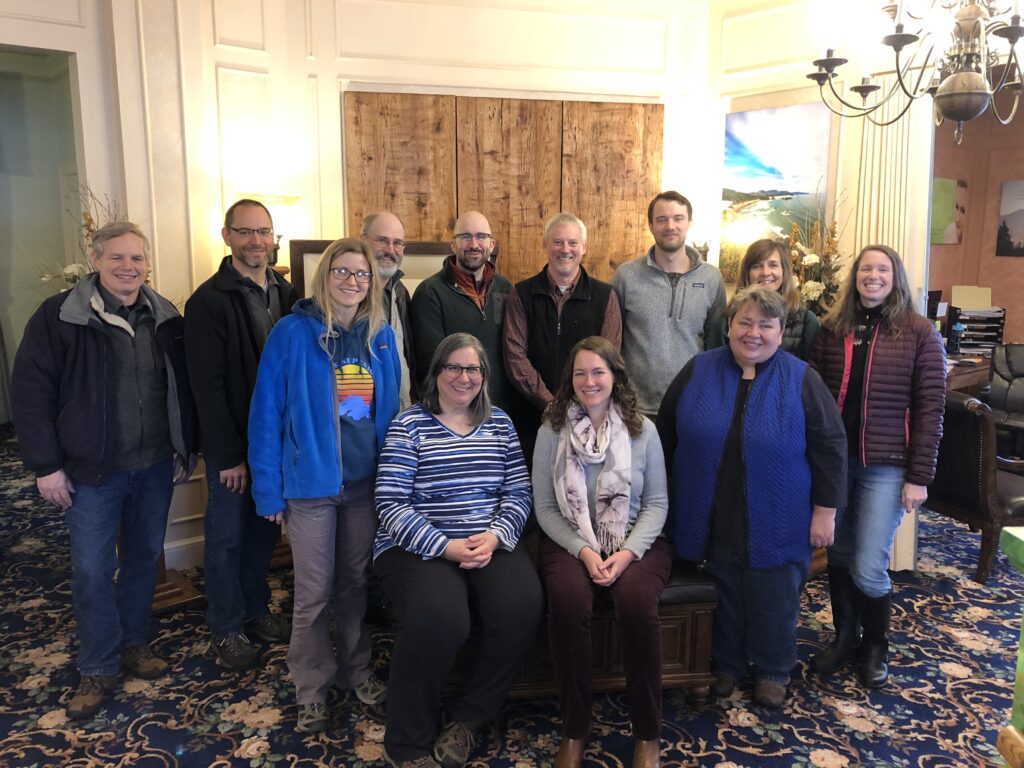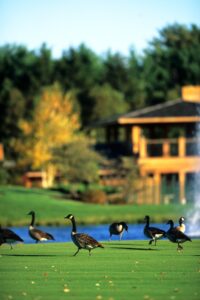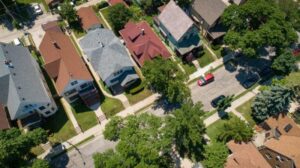The Wisconsin Department of Natural Resources (DNR) Urban Forestry Grant program awarded $104,920 to six Wisconsin communities for urban forestry projects during the second round of our 2021 funding. These funds were originally reserved for the Catastrophic Storm Grant program but were not needed through the winter months.
The communities receiving funds are the City of Cedarburg, the City of Delafield, the Village of Grafton, the City of Menasha, the Village of Shorewood and the City of Sun Prairie. Each grantee will receive an equal part of the available funding for $17,486.50. These urban forestry grants must be matched dollar for dollar.
The Department of Natural Resources Urban Forestry Grant program funds projects consistent with state and national goals to increase the urban forest canopy and its benefits. The urban forest encompasses trees on both public and private property.
Continue reading “Six Applicants Receive DNR Urban Forestry Grants In Second Round Of Funding”

 For the second year, Bird City Wisconsin is awarding small grants to current Bird City communities. Grants totaling $500 will be awarded in each of three categories: creating and protecting bird habitat, educating residents about interactions between birds and people, and protecting birds by reducing threats.
For the second year, Bird City Wisconsin is awarding small grants to current Bird City communities. Grants totaling $500 will be awarded in each of three categories: creating and protecting bird habitat, educating residents about interactions between birds and people, and protecting birds by reducing threats. Wisconsin’s urban forests provide a wide range of ecological, economic and social benefits. Urban areas contain nearly 27 million trees with an estimated total replacement value of almost $11 billion. Many don’t realize all the services urban forests provide. They reduce air pollution, mitigate storm water runoff, conserve energy, provide wildlife habitat, increase property values, and attract businesses, tourists and residents. They even improve public health and well-being. The Wisconsin DNR’s Urban Forestry Team seeks to maximize these benefits derived from our state’s community tree canopies.
Wisconsin’s urban forests provide a wide range of ecological, economic and social benefits. Urban areas contain nearly 27 million trees with an estimated total replacement value of almost $11 billion. Many don’t realize all the services urban forests provide. They reduce air pollution, mitigate storm water runoff, conserve energy, provide wildlife habitat, increase property values, and attract businesses, tourists and residents. They even improve public health and well-being. The Wisconsin DNR’s Urban Forestry Team seeks to maximize these benefits derived from our state’s community tree canopies.  The Wisconsin DNR is currently accepting applications for Urban Wildlife Damage Abatement and Control (UWDAC) grants. UWDAC grants are available to any town, city, village, county or tribal government located within an urban area (
The Wisconsin DNR is currently accepting applications for Urban Wildlife Damage Abatement and Control (UWDAC) grants. UWDAC grants are available to any town, city, village, county or tribal government located within an urban area ( Cities, villages, towns, counties, tribes and 501(c)(3) nonprofit organizations in, or conducting their project in, Wisconsin are encouraged to apply for a regular or startup 2021 Department of Natural Resources Urban Forestry Grant! The grants range from $1,000 to $25,000, and grant recipients must match each grant dollar for dollar. A startup grant of up to $5,000 is available for communities that want to start or restart a community forestry program. Grants are awarded to projects that align with state and national goals for increasing the urban forest canopy and the benefits it provides. Also available this grant cycle is an additional $175,000 in federal funding to be used for ash tree removals and replacements. EAB treatment will not be funded with these additional monies. Applications can be submitted starting July 1, 2020 until October 1, 2020.
Cities, villages, towns, counties, tribes and 501(c)(3) nonprofit organizations in, or conducting their project in, Wisconsin are encouraged to apply for a regular or startup 2021 Department of Natural Resources Urban Forestry Grant! The grants range from $1,000 to $25,000, and grant recipients must match each grant dollar for dollar. A startup grant of up to $5,000 is available for communities that want to start or restart a community forestry program. Grants are awarded to projects that align with state and national goals for increasing the urban forest canopy and the benefits it provides. Also available this grant cycle is an additional $175,000 in federal funding to be used for ash tree removals and replacements. EAB treatment will not be funded with these additional monies. Applications can be submitted starting July 1, 2020 until October 1, 2020.